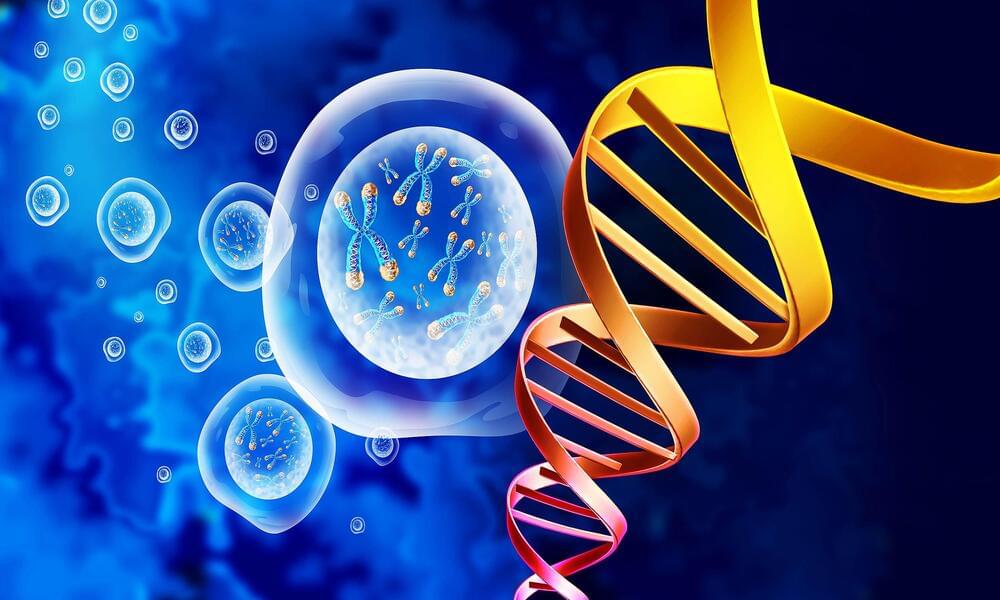Significant change can be stressful – divorce, death and moving all make the list – but when it comes to aging, a new paper identifies two flashpoints of enormous biological change. The recent study, by researchers at Stanford Medicine, uncovered evidence that human aging does not occur at a constant, gradual pace – but rather is marked by two significant bursts of molecular change. These bursts, observed in people around the ages of 44 and 60, suggest that aging may be driven by more complex biological processes than previously thought. The findings, published in Nature Aging, are based on comprehensive multi-omics profiling of 108 participants, providing a detailed look at how the human body changes during these key periods of life [1].
Longevity. Technology: The research sheds light on the nonlinear nature of aging, challenging the traditional view that aging is a steady, continuous process. By understanding why and how these bursts of aging occur, scientists may be able to uncover more about the mechanisms of aging and leverage that knowledge to improve both lifespan and healthspan. The findings also highlight the ever-evolving nature of aging research, which continues to refine our understanding of how and why we age.
The Stanford Medicine team, led by Professor Michael Snyder, PhD, analyzed a vast array of molecular data from participants aged between 25 and 75 years. Over a period spanning several years, the researchers collected blood and other biological samples from the participants, tracking more than 135,000 different molecules and microorganisms. The data set included a total of nearly 250 billion distinct data points, making this one of the most comprehensive studies of its kind [1].








